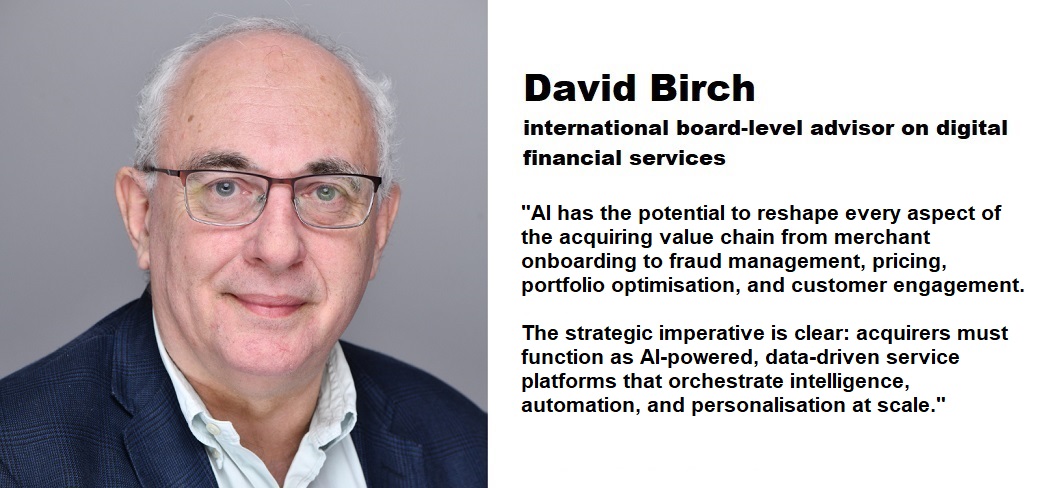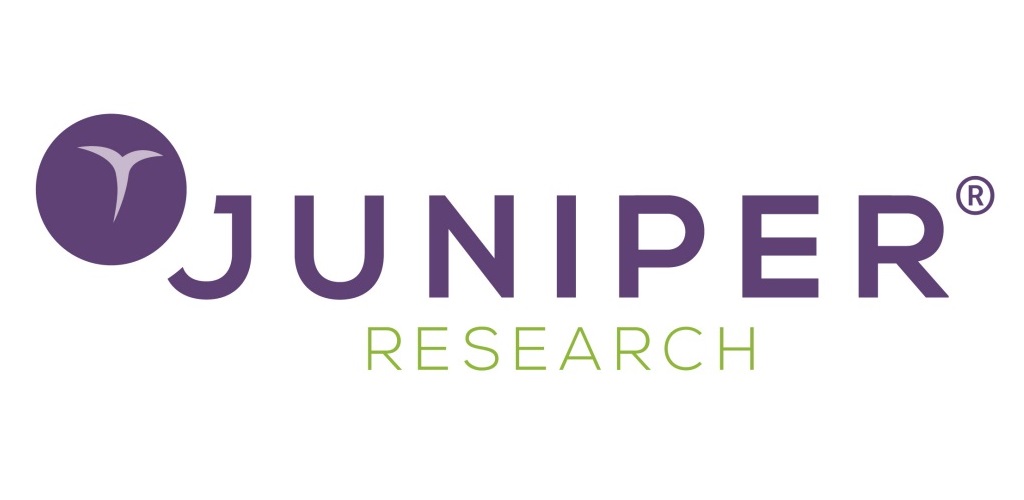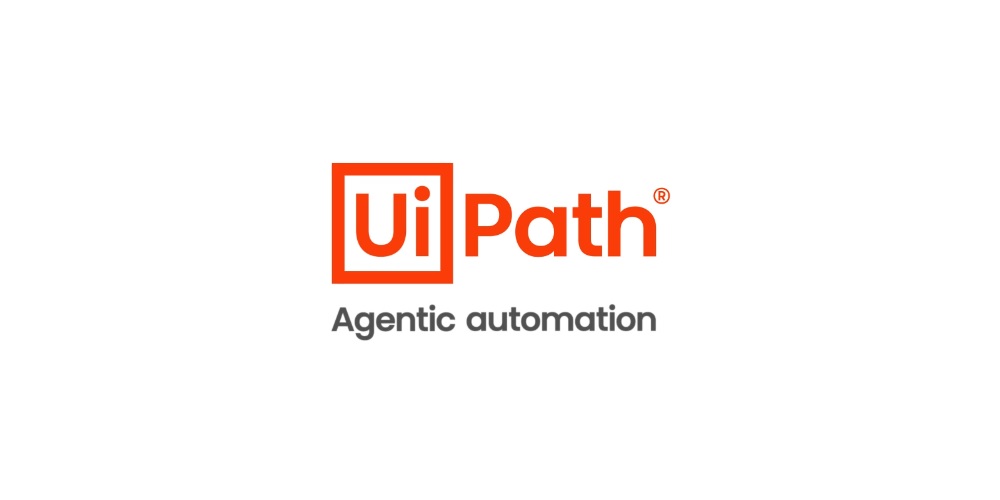EPC defends Sepa Direct Debits against consumer fraud allegations
 4 March, 2010 – The European Payments Council has hit out at accusations by consumer groups that customer protection and security procedures are being undermined by the roll-out of the new Sepa Direct Debits (SDD) scheme.
4 March, 2010 – The European Payments Council has hit out at accusations by consumer groups that customer protection and security procedures are being undermined by the roll-out of the new Sepa Direct Debits (SDD) scheme.
The Bureau Européen des Unions de Consommateurs (BEUC) has warned that the European Commission’s objective to create a Single Euro Payments Area risks being derailed by a downgrading in basic security under the new SDD programmee.
Monique Goyens, director general of BEUC, states: „The complete lack of security regarding key aspects of Sepa Direct Debit is practically a call for tender to fraudsters. Nothing requires banks to check the reliability of the issuer of the direct debit payment, neither the validity of the mandate, meaning a fraudster in as far away as Finland or Romania could, with my bank details and my name and address, instruct my bank to take money from my account without my consent.”
Goyens has also attacked the EPC, the bank co-ordinating body for Sepa, for failing to take into account the needs or wishes of end-users.
„Time and time again we have asked the European Payments Council to take into account our concerns and time and time again we have been ignored. Such behaviour gives self-regulation a bad name and we welcome that the European Parliament and the ECB are beginning to wake up on these issues. The future of Sepa is at stake.”
The EPC has refuted the accusations, claiming that SDD Schemes are fully aligned with consumer rights as defined in the EU Payment Services Directive (PSD). It says the scheme grants consumers a „no-questions-asked” refund right during the eight weeks following the debiting of a consumer’s account and that this extends to thirteen months for an unauthorised deductions.
EPC chair Gerard Hartsink states: „The SDD Schemes are built on the same business assumptions and basic trust between the parties involved as the established pre-Sepa, national direct debit model used for decades in the majority of EU Member States.”
In countries new to direct debits, says Hartsink, the SDD model includes the option to create ‘e-mandates’ under which the consumer authorises a biller to collect payment by direct debit. In this case, the consumer’s bank has the option to verify whether the consumer authorised a direct debit collection.
Hartsink adds: „The process of defining Sepa schemes catering to corporate enterprises, small and medium-sized businesses, public administrations and consumers across 32 countries can be compared to designing a car model: the basic model must meet key market requirements. At the same time, the model must be flexible enough to include options to add extras on demand. This concept provides maximum choice to customers while avoiding that a majority of customers has to buy features they do not need.”
Beuc has been agitating for a change in EPC governance procedures and for a greater say in decision-making for end-users.
In response, Hartsink points to the establishment of the EPC’s Consumer Staekholder Forum (CSF) in 2007.
„The CSF provides organisations representing customer interests on a European level, including the BEUC, with the opportunity to bring their ideas to the table,” he says. „Obviously, there are differentiated – and occasionally mutually exclusive – views on Sepa requirements among and within individual customer segments. It therefore needs to be recognised that the benefits resulting from the Sepa harmonisation exercise are at risk if all market participants insist on cementing their own legacy payment habits via the Sepa schemes. Some adjustments are required by all parties.”
Related files: http://www.europeanpaymentscouncil.eu/news_detail.cfm?news_id=91
Dariusz Mazurkiewicz – CEO at BLIK Polish Payment Standard
Banking 4.0 – „how was the experience for you”
„To be honest I think that Sinaia, your conference, is much better then Davos.”
Many more interesting quotes in the video below:










